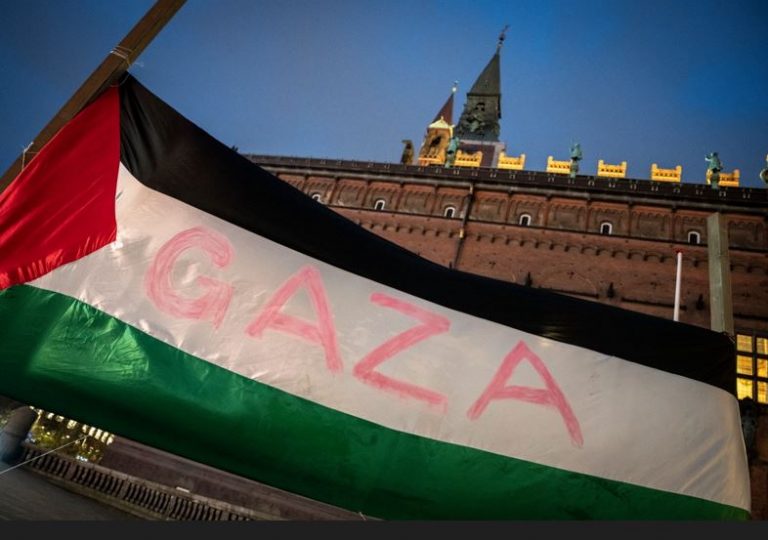The International Court of Justice (ICJ), the highest judicial body of the United Nations, has issued a ruling demanding Israel immediately cease its military operations in Rafah.
This ruling comes over seven months into the ongoing Gaza conflict and is expected to significantly increase international pressure on Israel.
Announced on Friday, the ICJ’s order specifies that Israel must “immediately halt its military offensive, and any other action in the Rafah Governorate, which may inflict on the Palestinian group in Gaza conditions of life that could bring about its physical destruction in whole or in part,” as reported by AFP.
The court has mandated that Israel keep the Rafah crossing open for the “unhindered” provision of humanitarian aid.
While ICJ rulings are legally binding, enforcement remains a challenge. This limitation was previously evident in the court’s order to Russia to halt its invasion of Ukraine, which went unheeded. Israel has defended its actions, arguing that ceasing military operations would empower Hamas extremists and hinder its efforts to rescue hostages taken during the group’s attack on October 7.
This ICJ ruling follows another significant legal move by the International Criminal Court (ICC). On Monday, ICC Prosecutor Karim Khan announced plans to seek arrest warrants for senior Israeli and Hamas leaders, accusing them of war crimes and crimes against humanity related to the Gaza war and the October 7 attack.
South Africa initiated the case at the ICJ last year, claiming Israel’s Gaza offensive violated the 1948 UN Genocide Convention—a charge Israel denies. Earlier this year, the ICJ had already ordered Israel to take measures to prevent acts of genocide in Gaza. South Africa’s ambassador, Vusimuzi Madonsela, accused Israel of escalating its “genocidal onslaught” across Gaza during recent public hearings. Israel’s legal representative, Gilad Noam, dismissed these allegations as an “obscene exploitation of the most sacred convention.”
Israel has acknowledged the civilian suffering in Gaza and claims to have made significant efforts to increase the flow of humanitarian aid. Diplomatic efforts to negotiate a truce and secure the release of hostages continue, with U.S. intelligence chief Bill Burns expected to meet Israeli representatives in Paris to restart negotiations.
The conflict, sparked by Hamas’s attack on October 7, has resulted in casualties and abductions. Over 1,170 people, mostly civilians, have died, and 252 hostages have been taken. Israel’s retaliatory strikes have resulted in at least 35,800 deaths in Gaza, predominantly civilians, according to the territory’s health ministry.



